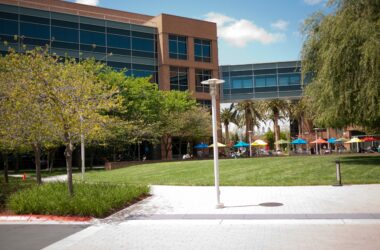Being a product of both the Asian/eastern-style of education as well as American/western-style schooling, I’d like to think that I have a broad perspective on education. Sometimes, my wife and I argue about which style of study we’d put our future kids through: a more liberal touch would foster creativity, while the tried-and-true Tiger mothering would bolster academic success.
University is the first time in students’ lives that they’re given a choice as to what to study. They’re also given some freedom as to how they’ll be taught: the type of college or university, and sometimes even the country or continent. At the college level, the divergence in eastern and western philosophies culminates in career decisions and how the next three, four decades would be spent for a promising graduate1.
The Asian way of thinking leans to the practical to the point of being textbook. Parents know, instinctively, which degrees to pursue which will provide enough return on (educational) investment, even if the kid isn’t particularly engaged or interested. In fact, for my parents’ generation (most of whom didn’t get a chance to go to college), it’s more of a repeated mantra and a cliche. If someone looks a certain age, they’re immediately assumed to be a student, and familial pride – or shame – is derived from how well their studies are going.
A counterpoint is that while such a practical (and honestly, stressful and rigorous) focus can and will produce a productive work force, it tends to normalize outliers and flatten natural variations in talent and ability. An interesting observation is that while the United States has slipped – for decades – in education standards on a global level, we still hold the best universities in the world, and students from all over the world pay hefty fees to participate. A big part is simply from a tradition rich in research but also in the freedom of study and the opportunity to explore the unknown as opposed to traveling well-worn paths.
It’s a lesson that I find very attractive about the western philosophy on education: freedom of pursuit creates variance, but variance – particularly positive ones – have outsized effects that can shape the world. We romanticize college dropouts in actively rejecting the lure of standardized curricula and finding success to their own tunes. It’s an idea that’s gaining traction even for those whose goal isn’t to change the world; with our current recession and the increasing costs of college, many are questioning whether schooling actually produces marketable, applicable and employable skills. A decade’s worth of loan repayments is a hefty price for a prolonged party.



